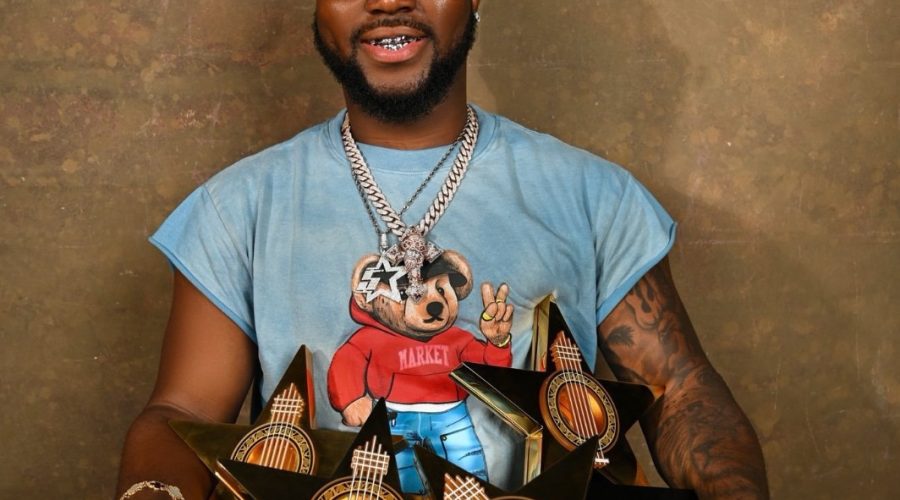Media Relations involves working with the media to inform the public of an organization’s mission, policies and practices in a positive, consistent and credible manner. Typically, this means coordinating directly with the journalists or reporters responsible for producing the news and features for a media house. The goal of media relations is to maximize positive coverage in the mass media without paying for it directly through advertising.
As a Communications Professional, media relations are one of the core activities we do as part of our work. Therefore, practicing good media relations is crucial to promoting brand awareness and the general visibility of an organization or business; this contributes greatly to the overall success of a brand. You need the media to tell your story, share your story and reach new customers among other benefits. The more journalists you have access to, the wider your reach as a company. Here are five ways to promote effective media relations to grow your brand.
- Be available: If a journalist wants to interview you or someone else in your business, it’s important to try your best to be available. If you always try to make time for a journalist you can build a good relationship with them and they may start to see you as a reliable source. This could lead to more media opportunities in the future. If you don’t have time for a media interview find someone else relevant to do the interview.
- Provide newsworthy stories: Make sure the news you share is relevant, newsworthy and appropriate for the media house’s target audience. Do some research into the kinds of topics the media house normally covers and is interested in. This will help you to tailor your story to suit their target. Doing this gives you a greater chance of getting your story published since you have no control over the stories which are selected for publication.
- Respect deadlines: Journalists work with very strict deadlines and need to ensure that their stories are finished on time for publishing. If a journalist gives you a deadline for a story or interview, it is your responsibility to do all you can to meet the deadline.
- Treat journalists with respect: Try not to make the mistake of being rude to a journalist or ignoring them because they work for (in your opinion) a ‘small’ media house or one which is irrelevant to your industry. Journalists often change jobs and the beats they cover and you may find yourself needing to deal with the ones you disrespected in the future. The same applies to dealing with junior journalists or interns as one day they may become editors. A bad relationship with a journalist or media house may negatively affect the visibility of your brand. It is, therefore, crucial to maintaining a cordial relationship with them.
- Be ethical: Avoid, telling lies in interviews and stories. When found out, this may sorely ruin your relationship with the media and could even result in negative media coverage. State the facts at all times and avoid excessive exaggerations.
Here’s a bonus tip, as much as possible, try to organize exclusive media events such as media briefings, press soirees and media tours for the journalists on your media list to share more information about your business with the media. Such events also allow the media to know more about your brand and the impact your brand is making. Working with the media on behalf of your organisation raises the awareness of your brand as well as the ability to create an impact with your chosen audience. It allows access to both large and small target audiences and helps in building public support and mobilizing public opinion for your organization.
Eunice Asantewaa Hansen-Sackey
Account Manager, Public Relations
Global Media Alliance
LinkedIn: Eunice Asantewaa Hansen-Sackey



